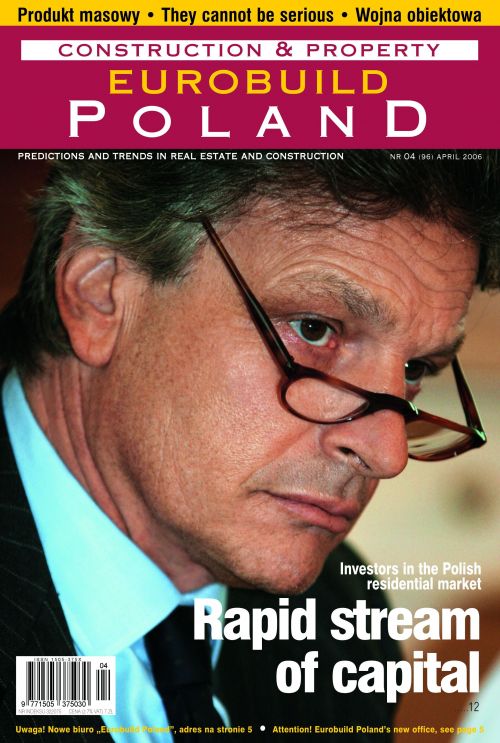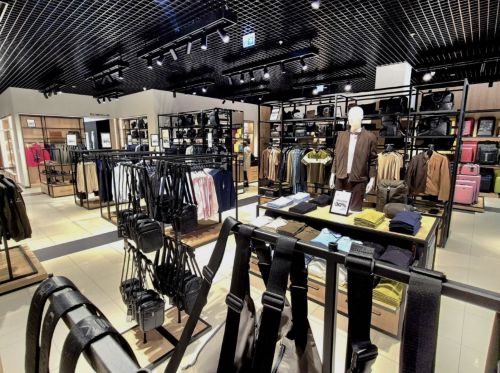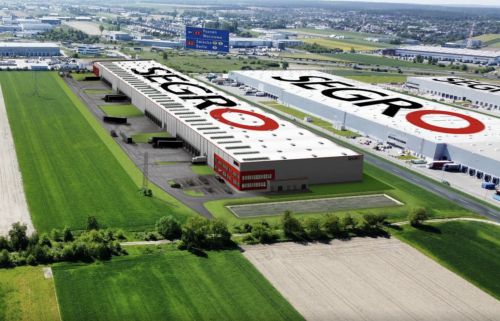The extended-stay hotels market in Poland is still poorly developed, despite those that have recently come onto the market having been a great successAttempts to analyse the extended-stay hotels market in Poland are never easy, since no Polish definitions of such services exist. Even firms and institutions dealing in hotel-industry research, including the Polish Hotels Association and such leading consultancy companies as Colliers International, Jones Lang LaSalle and HVS International, admit they have no statistical data on the subject. Therefore the only information concerning the scope of the phenomenon and market trends are provided by hotel chains and the specialist press. Both free-standing exclusive residences and groups of apartments built alongside existing hotels, as well as single flats in blocks or tenements whose managers offer additional services such as laundry, cleaning and shopping, are classified as extended-stay hotels - otherwise known as aparthotels. Extended-stay




























































